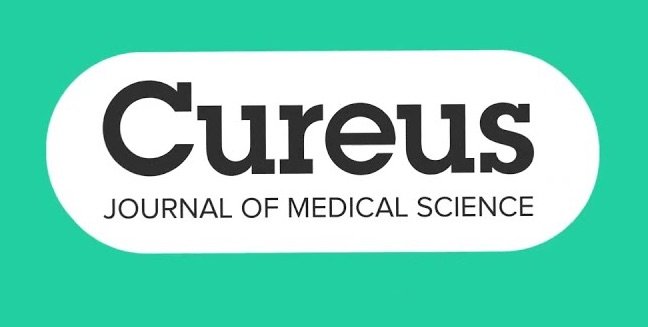
Editor's Note Machine learning (ML) is enhancing OR efficiency by optimizing scheduling, predicting surgical durations, and reducing delays, according to a systematic review published February 21 in Cureus. However, privacy concerns, data access limitations, and the need for further validation remain barriers to widespread implementation. The review analyzed 21 studies…

Editor's Note AI-generated operative reports for robotic-assisted radical prostatectomy (RARP) were more accurate than those written by surgeons in a study published February 7 in the Journal of the American College of Surgeons. Analyzing 158 cases from a tertiary referral center, researchers tested an AI computer-vision algorithm on surgical video…

Editor’s Note Large language models (LLMs) outperformed traditional methods in predicting postoperative complications, according to a study on artificial intelligence (AI) in perioperative risk assessment published February 11 in the journal Nature. Results indicate AI-driven models could enhance patient safety and streamline clinical workflows by detecting complications earlier. Researchers analyzed…

Editor's Note Investor interest in ambient AI clinical documentation is surging, with venture funding for AI scribe companies reaching $292 million in 2024—more than triple the $87 million seen in 2023, according to a February 11 article in Modern Healthcare. Attributing the $292 million figure to a report from research…

Editor's Note An artificial intelligence (AI) tool is showing significant promise in reducing the administrative workload for nurses and clinical partners on a 48-bed surgical unit at Cedars-Sinai, according to a February 12 Cedars-Sinai Newsroom Q&A with Rachel Coren, MPH, MS, vice president and associate chief information officer, and Peachy…

Editor's Note Only humans should be called nurses, argues Oregon State Representative Travis Nelson, a Portland Democrat and practicing nurse who recently introduced new legislation aiming to prevent the title from applying to artificial intelligence (AI) or any non-human entity. As detailed in a February 4 report from Nurse.org, House…

Editor's Note A new machine learning model using photoplethysmogram (PPG) data more accurately assesses pain during and after surgery compared to existing commercial methods, according to research published January 24 in Nature’s npj Digital Medicine. Analyzing data from 242 patients, researchers developed an XGBoost-based model to assess intraoperative and postoperative…

Editor's Note Researchers at Karolinska Institute in Sweden have developed artificial intelligence (AI) models that outperform human experts in detecting ovarian cancer using ultrasound images. As reported January 7 in DotMed, the AI was trained on over 17,000 images from 3,652 patients across 20 hospitals in eight countries, achieving an…

Editor's Note Although the role of artificial intelligence is still evolving, early applications show significant potential to address challenges with burnout, staffing shortages, and high patient-to-nurse ratios, according to a January 10 article in Medscape. Offering a broad overview of the state of AI in nursing, complete with expert testimony…

Editor's Note Thousands of RNs nationwide plan to rally in support of safer staff and patients today, January 16, amid widespread introduction of technologies driven by artificial intelligence (AI), according to National Nurses United (NNU). NNU reported on the plans January 14, noting that more than 100,000 members of the…